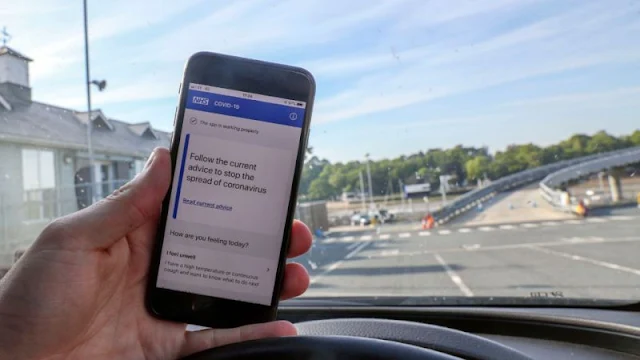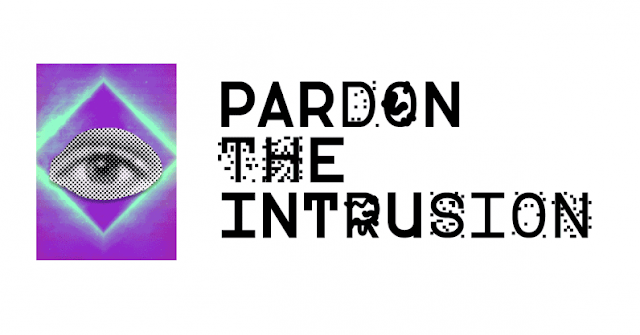Surge Guard* 30A – Model 34931
Full Protection Portable with Optional Bluetooth® Communication
Rated 120V, 30A – 2450 Joules
Total electrical protection from faulty park power and electrical issues inside the RV.
- Continuously monitors and displays:
- Voltage and amp draw (RMS)
- Low and high frequency protection
- Includes anti-theft lock ring on cord
- Multi-mode surge suppression
- Commercial-grade, brass receptacle
- Automatic reset on power restoration
- 10 second countdown startup sequence
- 128 second reset delay protects A/C compressor
- LCD display (English)
- Convenient Easy-T-Pull™ handles
- Compatible with 40301 Bluetooth® LCD Display
Protects against:
- Power surges
- Open ground
- Open neutral
- Elevated ground line current
- Low (<102V) and high (>136V) voltage
- Overheating receptacle
- Reverse polarity
- Miswired pedestal
- Low and high frequency protection








